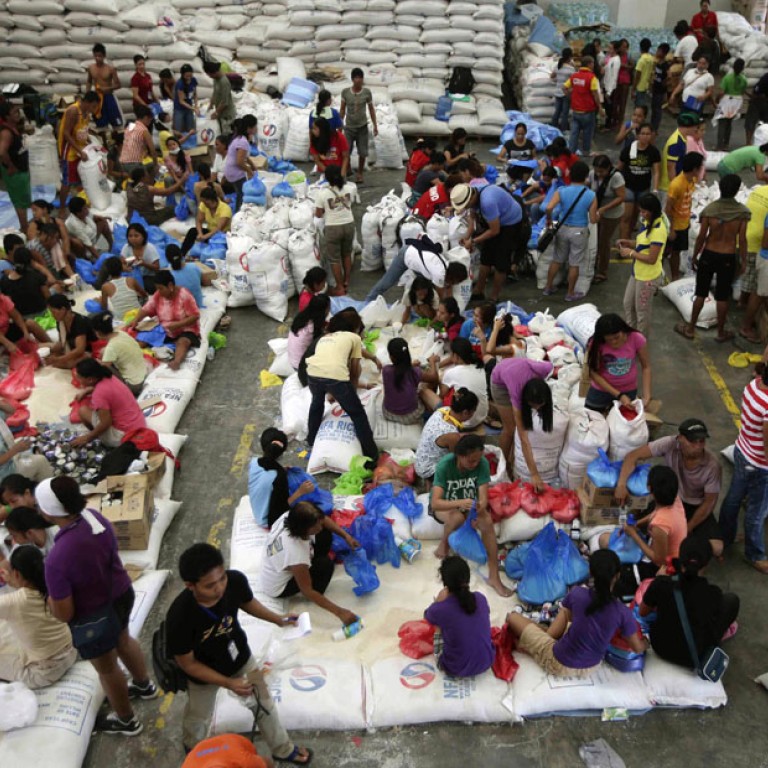
Philippines needs to improve its disaster response
A week after Super Typhoon Haiyan swept through the central Philippines, President Benigno Aquino is under pressure over how long it is taking to get food, water, medicine and other emergency supplies to survivors.
A week after Super Typhoon Haiyan swept through the central Philippines, President Benigno Aquino is under pressure over how long it is taking to get food, water, medicine and other emergency supplies to survivors. Despite an international wave of compassion after the country's worst natural disaster on record, the frustration of aid workers and victims over relief efforts has lifted the lid on criticism of Aquino's handling of the storm, given the frightening warnings of its projected strength and the risk of a storm surge.
He has defended himself by saying the death toll might have been higher had it not been for evacuations and preparation of relief supplies. But a properly organised response might have seen the military and other rescue workers on the scene earlier in greater strength, and faster distribution of aid. And he has not helped his cause by contributing to confusion over the death toll - putting it much lower than earlier estimates - when contact has yet to be made with devastated communities and so many are still listed as missing. By now, Filipinos are entitled to expect their government to at least look as if it is getting on top of the crisis. In fairness to Aquino, the strength of the typhoon left everyone in shock and ill-prepared. Indeed, discrepancies in death-toll estimates recall the confusion after the 2004 Asian tsunami when different Indonesian authorities gave out conflicting figures.
That should be a reminder that there is always room to learn from experience and improve disaster management. It may not yet be scientifically proven that climate change has made any difference to tropical cyclone activity. But it does not need to be, scientists say, because rising sea levels intensify the power of cyclonic winds to create bigger storm surges, like the ones from Typhoon Haiyan. The government must give priority to accelerating current rescue efforts. But it also has no time to lose in developing a better disaster response plan for dangerous times - one that focuses on evacuation and survival strategies and getting humanitarian aid to where it is needed most.

